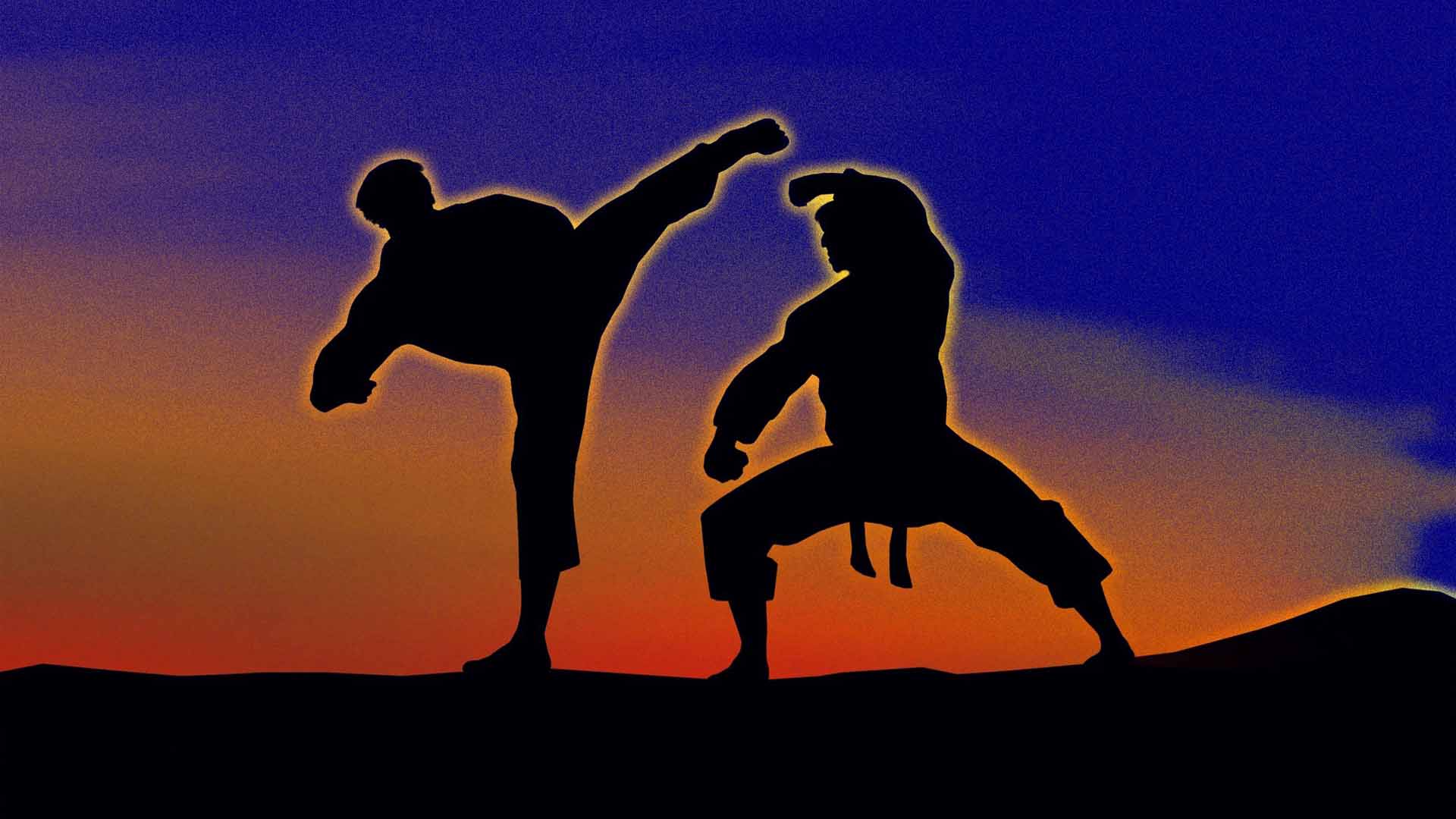I've been around the martial arts for a long time so I've seen a lot of different marketing tactics to attract students. The things I see most advertised, in many ways are no indication of the kind of instructor you might get. Marketing ploys I see most include master instructors, championships, certifications, whom they have trained with, and how many black belts they have. If you think about it, those points really say nothing about an instructor's ability to teach.
Often you see someone listed as a 7th degree black belt from some place overseas. Remember that black belt is a rank, usually awarded for a person's ability to perform techniques, self defense, kata, and sparring. Where does that indicate their ability to teach?
Many times you see someone claiming to be a world champion. There are so many different organizations in the martial arts that there are thousands of world champions. In any case those championships and trophies are just an indication of one's ability to compete. In some cases those trophies indicate the person had the opportunity to travel.
Many instructors are listed as a certified instructor. That too indicates that the person has participated in some sort of training and has shown a prescribed level of proficiency. Certification shows that the person recognizes the importance of continuing education in many aspects of the martial arts. It doesn't mean they can teach.
Some instructors make claims they have trained with famous instructors. This could be as simple as spending a couple of hours in a seminar with that famous person.
Some schools boast having promoted 100's or 1000's of black belts. Remember that some people are in this for the money and they can charge you more for the higher ranks and classes. Where are all those black belts now? How many of them teach? How many of them are still involved?
So what makes one an instructor? Well the examples I've stated do have some merit, but they are only a very small part of what it takes.
An instructor is caring and has a goal for the student to discover their own answers. The instructor shows the student the path, but doesn’t force the student take that path. An instructor seeks to improve themselves for the benefit of the students, not for the benefit of their ego. The instructor takes no credit for the student’s accomplishments, although the student will credit them. The instructor teaches the student to teach, and in teaching the instructor also learns.
As instructors we should be proud of our accomplishments whether it’s our ranks, our trophies, who we’ve trained with, the training we received, or the students we’ve promoted. Having some ego is good, but it must be balanced with humbleness. We don’t want the primary reason for people to train with us because of what we’ve accomplished. We want them to train because they want to be a better person.

